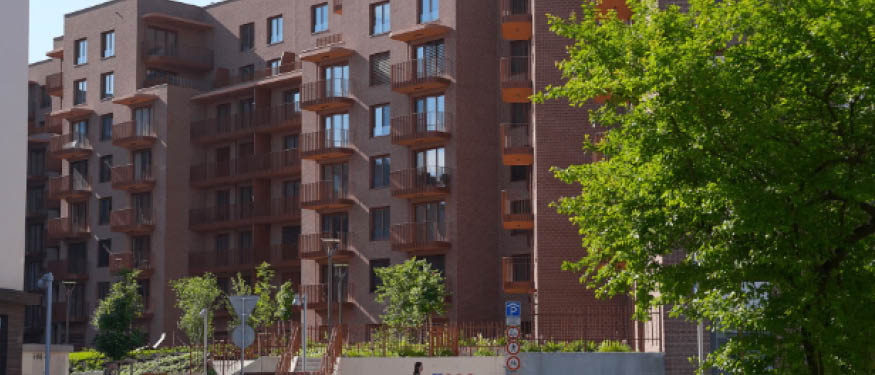The European Investment Bank (EIB) will support Hungarian green financing with long-term forint-denominated loans. The cooperation agreement, which was entered into this May and allows the EIB to provide more fixed-rate long-term loans in Hungarian forints to the local economy, aims to boost sustainable economic and social growth, the post-pandemic recovery and climate action in Hungary. It is the EIB's response to growing market demand for local currency lending in EU Member States that are not part of the euro area.
Consisting of the EIB and the European Investment Fund, the European Investment Bank Group increased its investments in Hungary in 2021 and provided EUR 891m to the local economy, a record volume of investment in the past five years. In 2021 the EIB provided EUR 300m to the Government of Hungary to co-finance the national Home Renovation Programme set up to improve the energy efficiency of homes. The EIB will also cooperate with the Hungarian Development Bank to help provide advisory services to Hungarian project promoters through the European Investment Advisory Hub (EIAH), part of the Investment Plan for Europe.
The recently concluded cooperation agreement with the Hungarian National Bank is a continuation of these investments and cooperation regarding sustainable economy and will mitigate the exchange risks affecting Hungarian borrowers for a maximum term of 20 years. The Hungarian National Bank unveiled its Green Monetary Policy Toolkit Strategy and decided to launch two new programmes – the Green Mortgage Bond Purchase Programme and the Green Home Programme – to boost green mortgage lending and improve the energy efficiency of domestic housing stock. The agreement with the EIB is another important step towards supporting the financing of domestic green projects.
By Gergely Szaloki, Partner, Schoenherr
















